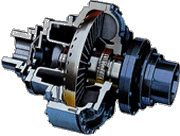
Type HF25 Disc Coupling Mount
From underground & overland belt conveyors to crusher and mixing applications, equipment professionals are constantly seeking better technology to protect critical production systems against the effects of damaging shock loads. And when it comes to eliminating sudden/ jarring starts, or preventing system failure/ deterioration due to overloads, nothing outperforms the system- saving capability of Falk True Torque fluid couplings.
As the smart alternative to expensive & complicated electronic solutions, Falk True Torque™ fluid couplings allow precise adjustment of startup characteristics in the field, simply by changing the fluid fill level via the easy access fill & drain holes.
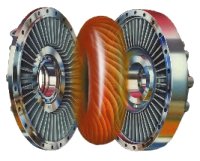
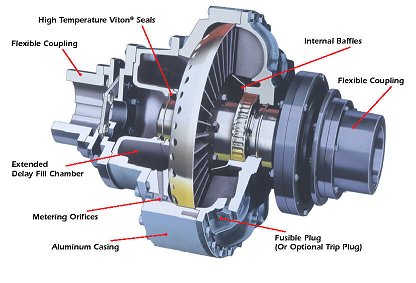
Use of the extended delay fill chamber (HFDD) is recommended for conveyors subjected to unloaded starts, those with concave sections, those with low inertia, or those with any combination of these conditions. Modest fill in the working circuit at startup minimizes belt liftoff, and assures unloaded & low inertia conveyors are not rapidly accelerated. Protection – regardless of load condition.
Torque applied to a belt conveyor starts at zero (point C) and gradually increases in magnitude as the coupling impeller accelerates to point D. When the output torque of the fluid coupling exceeds the breakaway starting torque of the belt conveyor (point D), the conveyor gradually & smoothly accelerates to full speed.

True Torque™ fluid couplings safeguard your system against mechanical overload. Simple, straightforward protection when instantaneous jams are encountered.
Over-sizing of electric motors for the purpose of increased starting torque can be avoided with a properly selected fluid coupling. A fluid coupling allows the motor to accelerate independently to full speed, the driven load has been isolated by the fluid coupling. Once the motor is started, the fluid coupling gradually introduces the driven load. If the starting load is high, the breakdown torque (Point B) of the energized motor is now available for starting purposes.
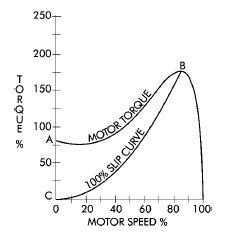
Adjust the fill so each motor carries an equal burden.
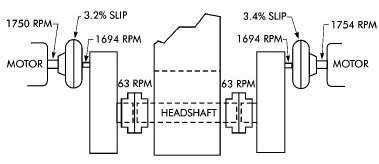
But Rexnord’s capability isn’t limited to just selling a component, we sell drive systems incorporating the gear drives, couplings, backstops, brakes, guards & motors, all mounted on a bedplate, swing base or alignment free assembly. Plus, our ready availability keeps you producing… even in the most remote places on Earth.
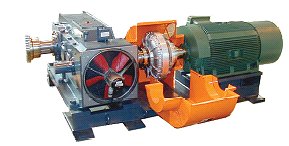
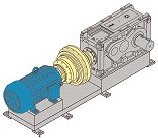
The gear coupling mounting arrangement (HF20) features economy, ready availability from stock components, and permits convenient drop-in/drop-out servicing.
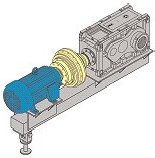
The gear coupling mounting arrangement (HF20) features economy, ready availability from stock components, and permits convenient drop-in/drop-out servicing.
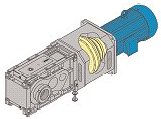
The gear coupling mounting arrangement (HF20) features economy, ready availability from stock components, and permits convenient drop-in/drop-out servicing.

The gear coupling mounting arrangement (HF20) features economy, ready availability from stock components, and permits convenient drop-in/drop-out servicing.
The non-delay fill option (HFN/HFR) provides soft start, including a short delay (example: 5-10 seconds) in the acceleration of the load, and is a good choice when overload protection or increased starting torque is a primary requirement.
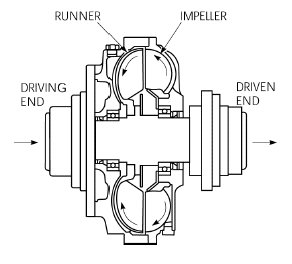
The delay fill option (HFD) provides a softer, more cushioned start, including longer delay (example: 10-20 seconds), ideal for heavily laden belt conveyors.
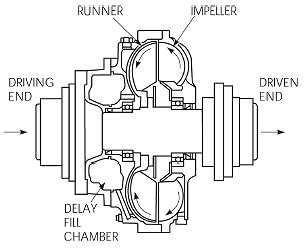
The extended delay fill option (HFDD) provides the softest, most cushioned start of empty, low inertia belt conveyors (example: 20-40 seconds).
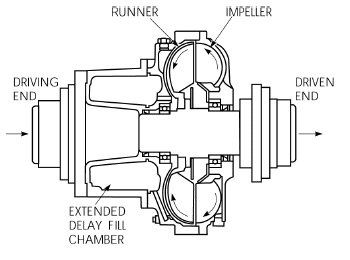

Falk True Torque Fluid Couplings prevent shock loads from damaging your power transmission equipment. Whether it’s preventing sudden starts or system failures due to overloads, nothing protects against malfunctions quite like a Falk Fluid Coupling. For a deeper understanding of how this piece of equipment works, we’ve outlined the internal working of the coupling to illustrate a Falk product’s durability.